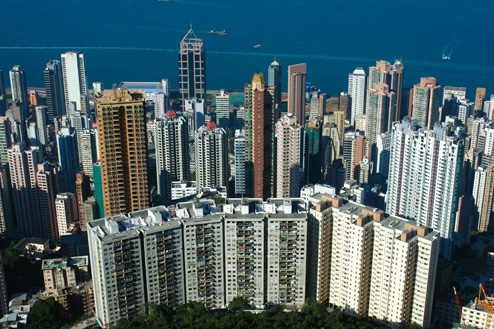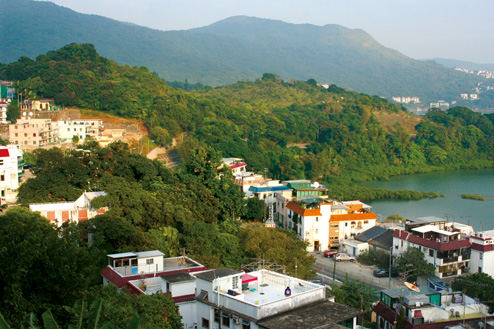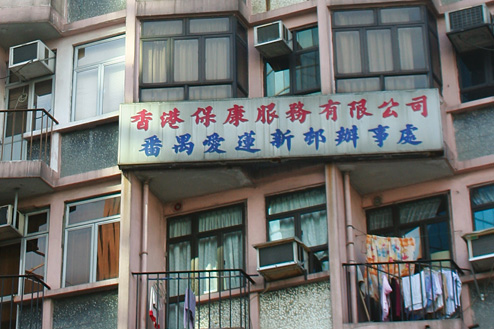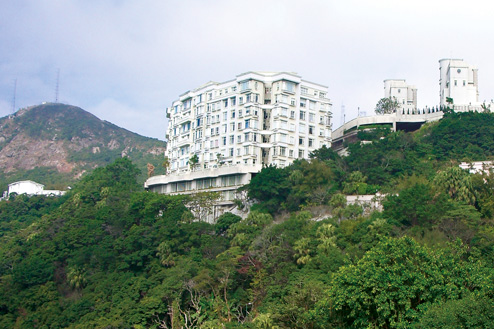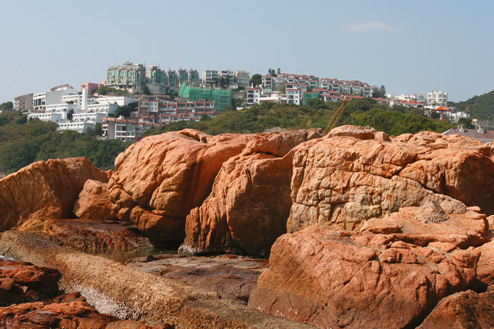Renting In Hong Kong
Rent is calculated on the square footage of the floor area, inclusive of the car park, foyer elevator area and stairwell, so check how much of this is actually your apartment. Quoted rents are per month.
Many expats have their rent paid by their company and thus tend to live in high rental homes. There are expat enclaves with luxurious apartments perched on top of steep hills with spectacular views, and often include facilities like a swimming pool, tennis courts, gym, children’s play areas and shuttle service.
Changes within the apartment can be made with the permission of the landlord, even if they are structural, but landlords expect you to remove them when you leave and hand the place over as it was. If you don’t then you may have to forfeit the deposit.
Most high rental apartments have one parking space with the option of paying for a second. Apart from the rent, you’ll pay a monthly management fee, which in some apartments includes air conditioning and covers the quarterly government rates determined by the Rating and Values Department based on the age, type and size of the building. When viewing properties, the rent will either be quoted as ‘inclusive’ meaning management and rates are included, or ‘exclusive’ meaning rates will be quoted separately.
Rent increases depend entirely on market conditions. If the market is down, you can negotiate a lower rent or expect no increase. If it’s high, rent increase could be 30% and if you can’t afford it or if the company refuses to pay the new rent, you may have to move out, which is actually a pretty regular occurrence here.
It is customary to negotiate. If the market is down, individual landlords may be willing but big property companies adjust according to the current market and don’t tend to yield much. Depending on how hot the rental market is, landlords sometimes offer one or two weeks free rent, throw in some appliances and furnishings, or fix up parts of the house at your request, so learn the game and play it.
Many expats have their rent paid by their company and thus tend to live in high rental homes. There are expat enclaves with luxurious apartments perched on top of steep hills with spectacular views, and often include facilities like a swimming pool, tennis courts, gym, children’s play areas and shuttle service.
Changes within the apartment can be made with the permission of the landlord, even if they are structural, but landlords expect you to remove them when you leave and hand the place over as it was. If you don’t then you may have to forfeit the deposit.
Most high rental apartments have one parking space with the option of paying for a second. Apart from the rent, you’ll pay a monthly management fee, which in some apartments includes air conditioning and covers the quarterly government rates determined by the Rating and Values Department based on the age, type and size of the building. When viewing properties, the rent will either be quoted as ‘inclusive’ meaning management and rates are included, or ‘exclusive’ meaning rates will be quoted separately.
Rent increases depend entirely on market conditions. If the market is down, you can negotiate a lower rent or expect no increase. If it’s high, rent increase could be 30% and if you can’t afford it or if the company refuses to pay the new rent, you may have to move out, which is actually a pretty regular occurrence here.
It is customary to negotiate. If the market is down, individual landlords may be willing but big property companies adjust according to the current market and don’t tend to yield much. Depending on how hot the rental market is, landlords sometimes offer one or two weeks free rent, throw in some appliances and furnishings, or fix up parts of the house at your request, so learn the game and play it.

